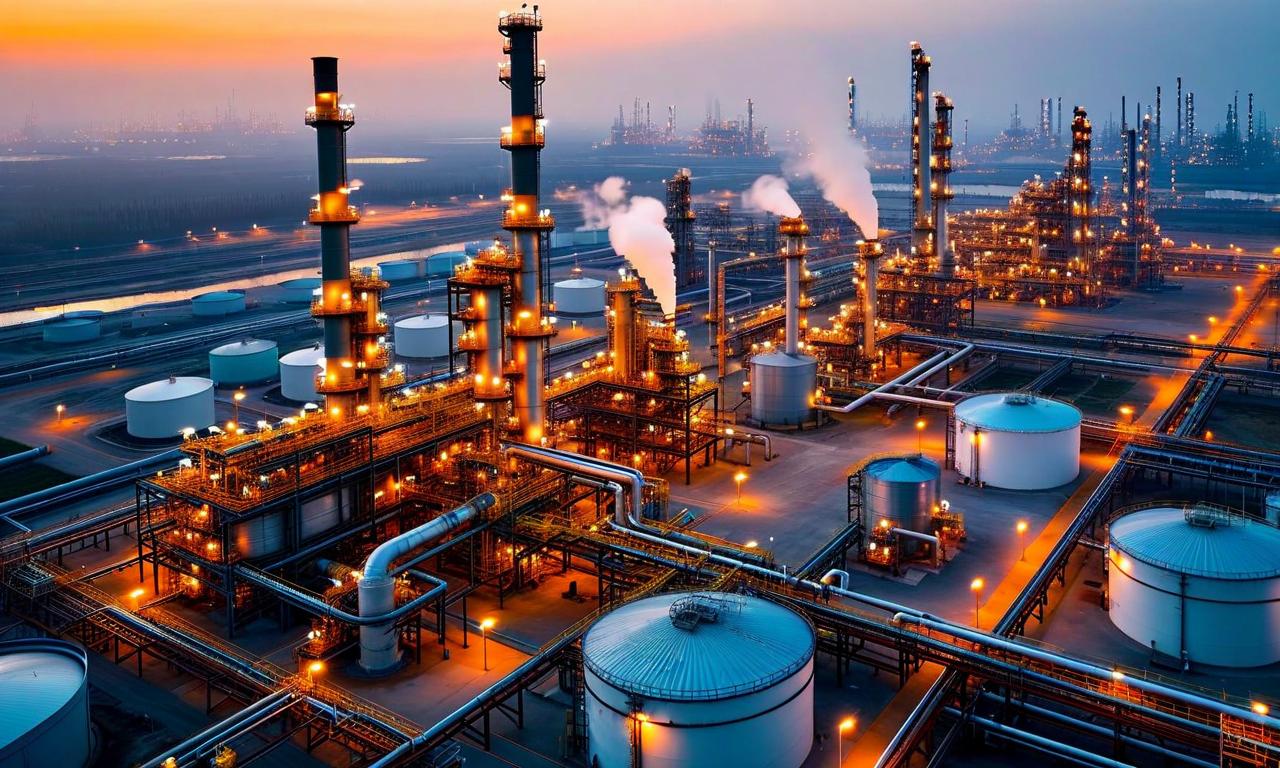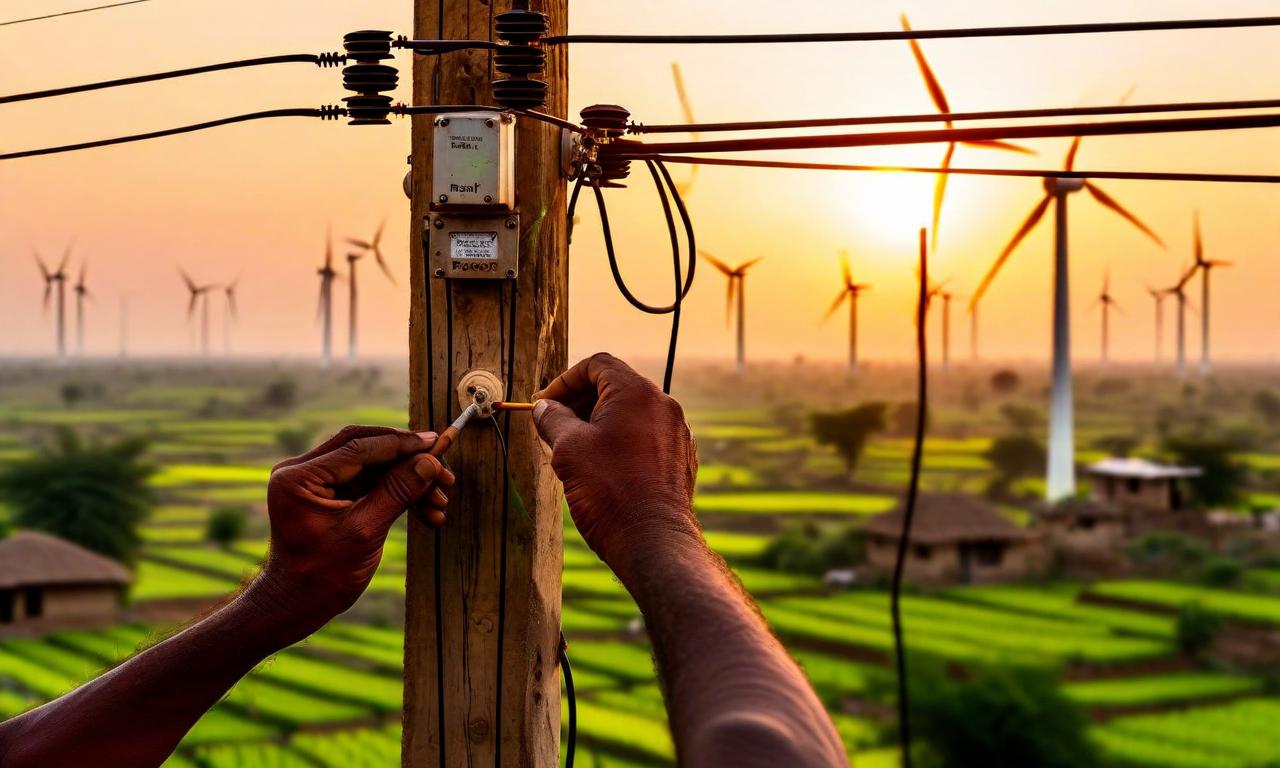Ukraine Strikes Russia's Saratov Oil Refinery, Escalating Energy Infrastructure Attacks
Ukraine launched an overnight drone attack on the Saratov crude-oil refinery in Russia's Volga region, causing explosions and fire. The strike on the Rosneft-owned facility, which processes about 140,000 barrels per day, is part of Ukraine's intensified efforts to disrupt Russian fuel supplies. Recent attacks have reduced Russia's refining capacity by an estimated 300,000 barrels per day, over 5% of its total active oil-processing capacity. In response, Russia has banned gasoline exports and redirected diesel supplies domestically. The G7 is developing new sanctions against Russia, potentially targeting Russian oil buyers like India and China.

*this image is generated using AI for illustrative purposes only.
In a significant escalation of its drone campaign against Russian energy infrastructure, Ukraine has launched an overnight attack on the Saratov crude-oil refinery in Russia's Volga region. The strike, which resulted in explosions and fire near the Rosneft-owned facility, marks another blow to Russia's oil processing capabilities.
Impact on Russian Oil Production
The Saratov refinery, with a processing capacity of approximately 140,000 barrels per day, plays a crucial role in supplying fuel to European Russia. This attack is part of Ukraine's intensified efforts to disrupt Russian fuel supplies by targeting refineries.
Wider Implications for Russian Oil Industry
Recent attacks have had a substantial impact on Russia's oil sector:
- Reduced refining capacity by an estimated 300,000 barrels per day
- This reduction represents over 5% of Russia's total active oil-processing capacity, according to Goldman Sachs
- Exacerbated Russia's seasonal fuel shortage
Russian Government's Response
In light of these attacks and the resulting fuel shortages, the Russian government has taken decisive action:
- Implemented a ban on gasoline exports
- Redirected diesel supplies to domestic markets
International Reactions
The ongoing conflict and its impact on global energy markets have prompted international responses:
- The Group of Seven (G7) nations are developing new sanctions against Russia
- There are indications of potential sanctions on Russian oil buyers, including India and China, contingent on NATO allies' participation
This latest strike on the Saratov oil refinery underscores the growing economic dimension of the conflict, with potential far-reaching consequences for global energy markets and international relations.
























